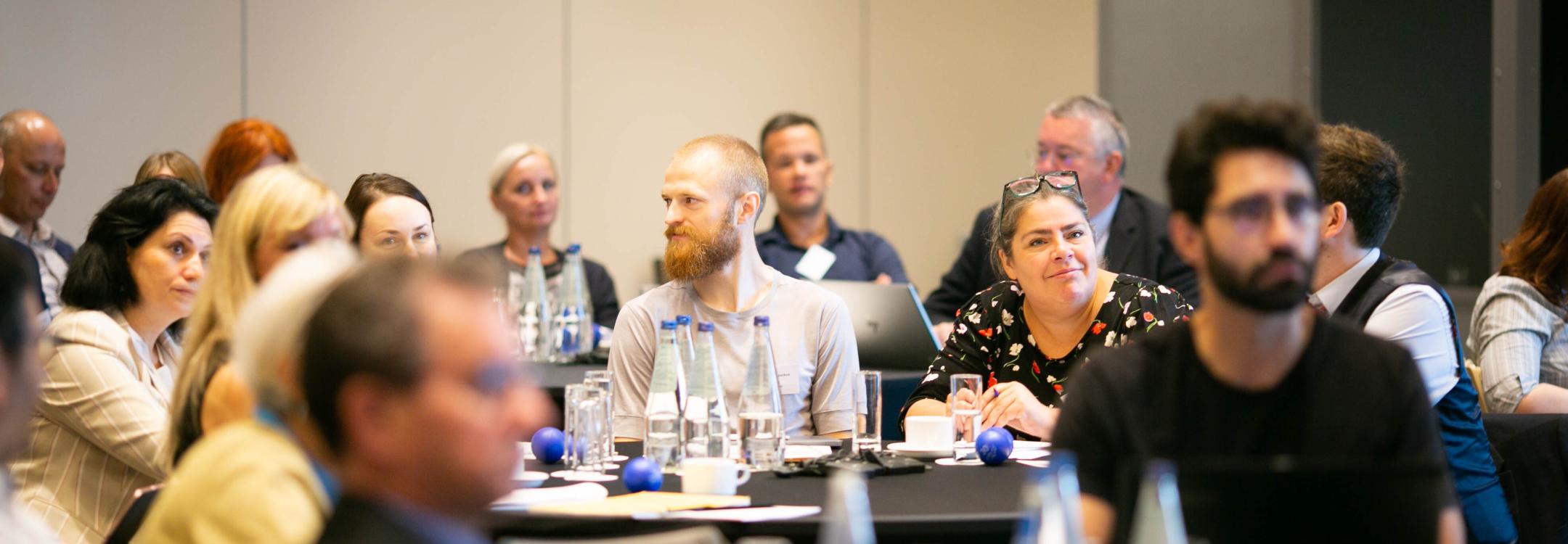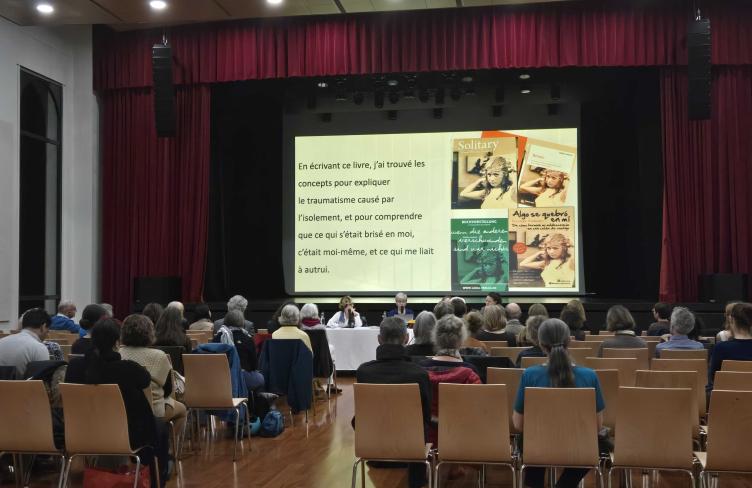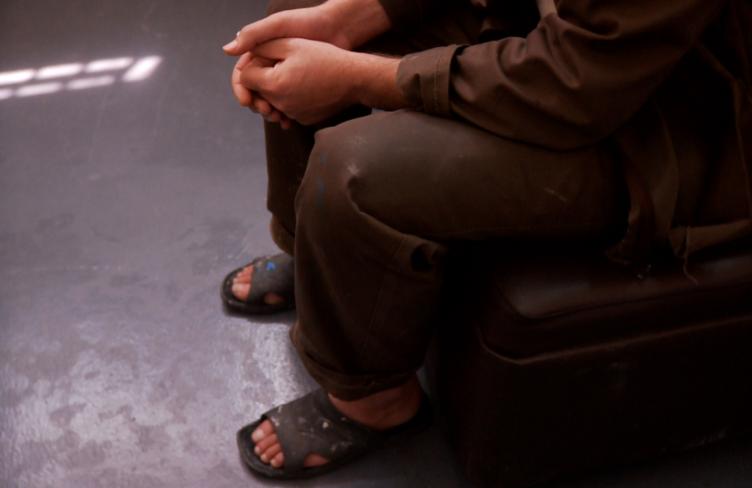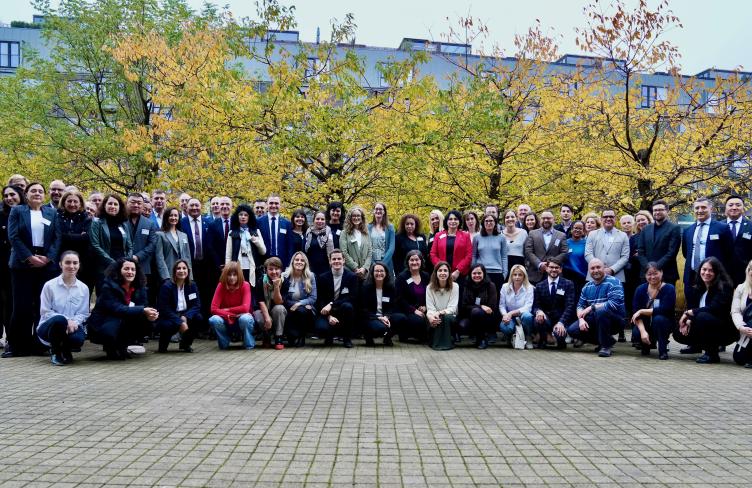
Europe is home to a comprehensive human rights architecture and the most extensive network of National Preventive Mechanisms (NPMs) globally.
It is in this region that APT’s vision of regular independent visits to places of detention was first realised with the adoption of the European Convention for the Prevention of Torture in 1987. All 49 UN member states in Europe have ratified the UN Convention against Torture (UNCAT), and 41 have ratified OPCAT and established NPMs. The region has also contributed significantly to the development of international standards for torture prevention through the European Committee for the Prevention of Torture (CPT) and the European Court of Human Rights.
Regional activities
APT’s work in Europe focuses on strengthening regional frameworks and supporting peer-to-peer learning among oversight bodies. Given resource limitations, APT does not maintain priority countries in Europe; instead, it engages strategically with National Preventive Mechanisms and other national actors through regional platforms, thematic initiatives, and technical cooperation.
Cooperation with the Council of Europe (CoE)
The Council of Europe remains a key partner on torture prevention in Europe. The APT has a strong relationship with the CPT, supporting and promoting the standards. We also publish, participate in joint workshops, and regularly contribute to the European NPM Forum.
APT’s participatory status with the CoE enables continued presence in INGO-related spaces and contributions to key discussions. Notably, the APT will follow and promote the CPT’s updated standards on women in detention and engage with relevant CoE instruments that shape national implementation.
Engagement with the OSCE and ODIHR
APT maintains a long-standing relationship with the Organisation for Security and Co-operation in Europe (OSCE)’s Office for Democratic Institutions and Human Rights (ODIHR). Although ODIHR no longer has a dedicated torture prevention advisor (as of 2024), APT continues to collaborate through participation in regional events such as the Warsaw Human Dimension Conference and expert meetings.
From 2016 to 2023, APT co-organised thematic NPM workshops with ODIHR on issues including immigration detention, the rights of older persons, and mental health in detention. Between 2025 and 2028, APT will continue engaging with the OSCE, including through cooperation with Swiss and Danish permanent missions in Vienna, which sponsor annual conferences on torture prevention. The upcoming Swiss chairmanship of the OSCE in 2026 presents a key opportunity for renewed advocacy on torture prevention around safeguards and the Méndez Principles.
Cooperation with the European Union (EU)
APT engages with the EU primarily through the United Against Torture Consortium (UATC), contributing to advocacy efforts with the European External Action Service (EEAS), and European Union Working Party on Human Rights (COHOM), and the European Parliament. APT has provided inputs to EU Human Rights Dialogues in several countries and contributes to the development of EU human rights priorities.
Between 2025 and 2028, APT will continue to promote the UN Model Protocol and practical tools for law enforcement in the context of peaceful assemblies, especially amid increasing concern around the use of force and detention during protests. APT is also a member of the Human Rights and Democracy Network (HRDN), which facilitates dialogue between EU institutions and civil society. Through the UATC, APT contributes to HRDN’s annual joint submissions on EU human rights policies and torture-related themes such as “torture-free trade” and police accountability.
APT also participates in the EU COST Action CA22128 - Establishing Networks to Implement the Principles on Effective Interviewing for Investigations (IMPLEMENDEZ), which aims to promote the Méndez Principles. As part of this initiative, APT is supporting national translation and dissemination of the Principles in countries including Bulgaria, Georgia Italy, Lithuania, Romania, Ukraine and Poland.
Support to Regional NPM Networks and thematic cooperation
Peer learning remains central to our regional strategy. APT regularly contributes to the South-East Europe NPM Forum, which holds biannual meetings and brings together NPMs from the Western Balkans and neighbouring states. We also support the network’s capacity-building efforts and facilitate thematic exchanges.
Beyond this network, APT has helped facilitate bilateral exchanges between European NPMs, with those from beyond the region, to share experiences and challenges and learn new approaches in their monitoring work and how to address operational challenges related to the global environment weakening NPMs’ capacity to operate.
Finally, European NPMs are often strong contributors to APT initiatives, such as the Global Report on Women in Prison, to which 24 European NPMs participated. Many are pursuing follow-up initiatives, demonstrating the mutual value of such partnerships.
News from the region

Global report highlights good practices and urges reform for women in prison
Wednesday, December 11, 2024



